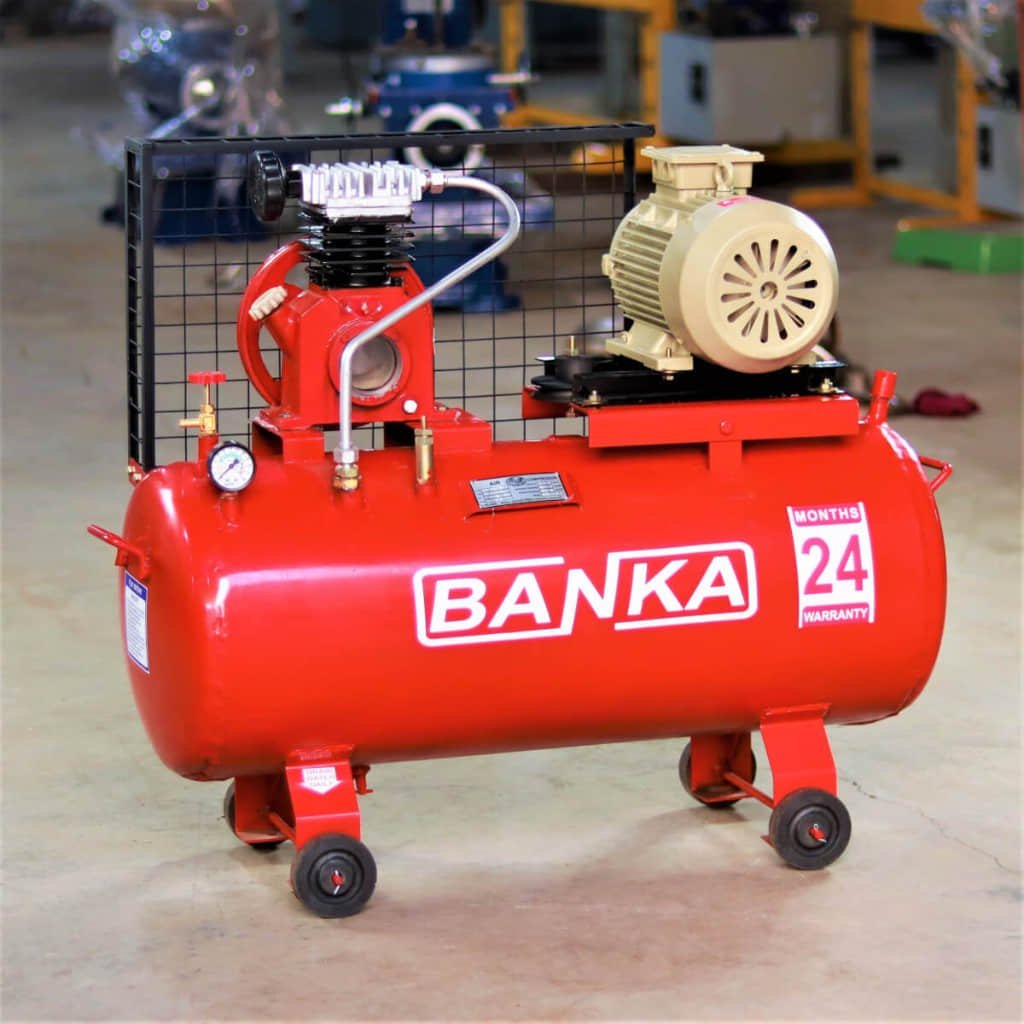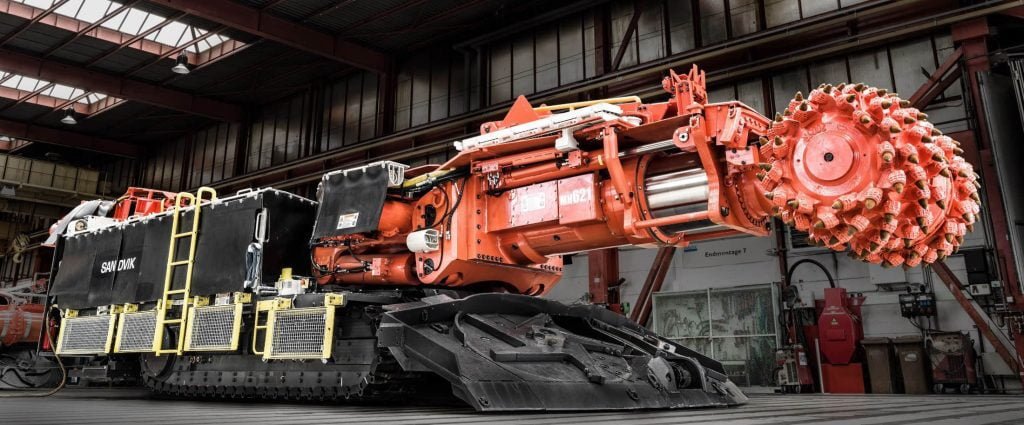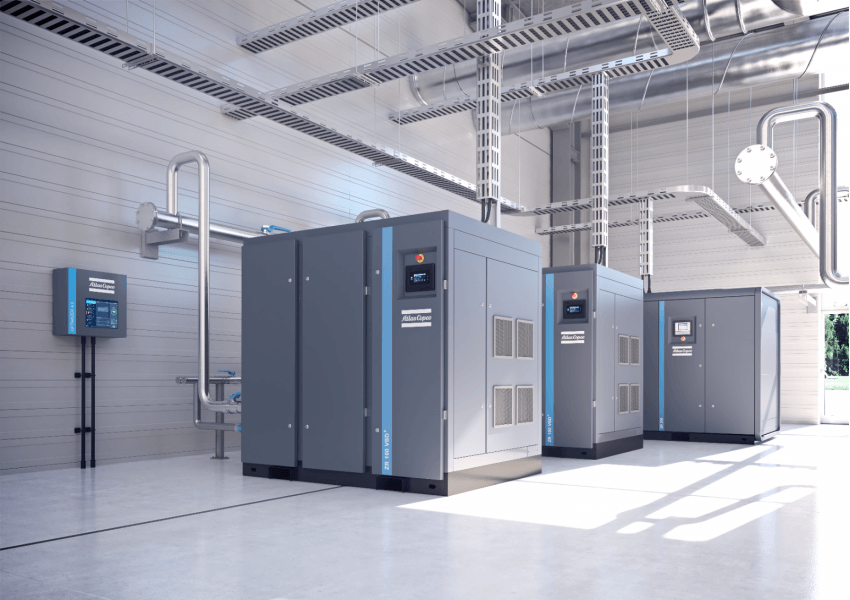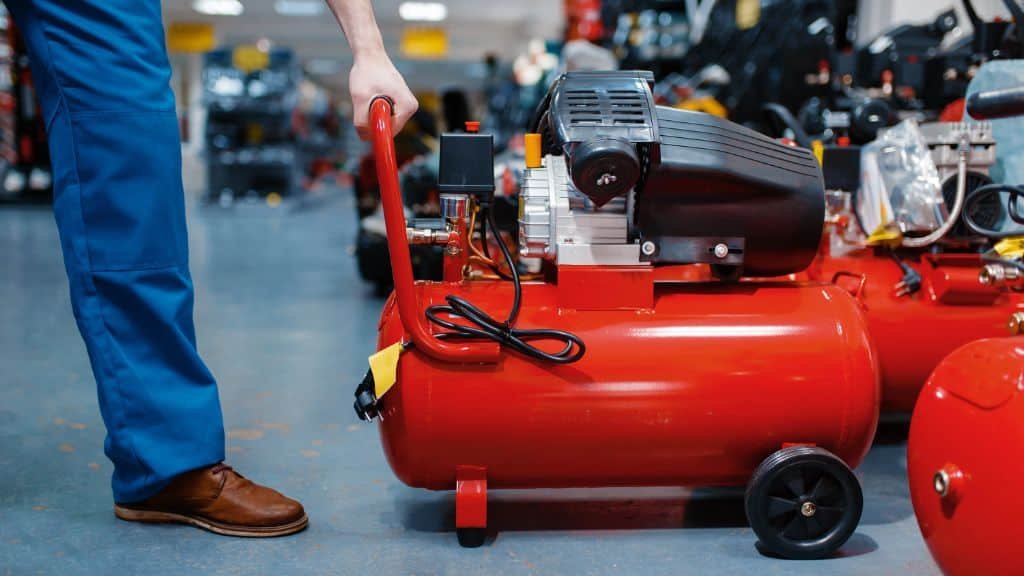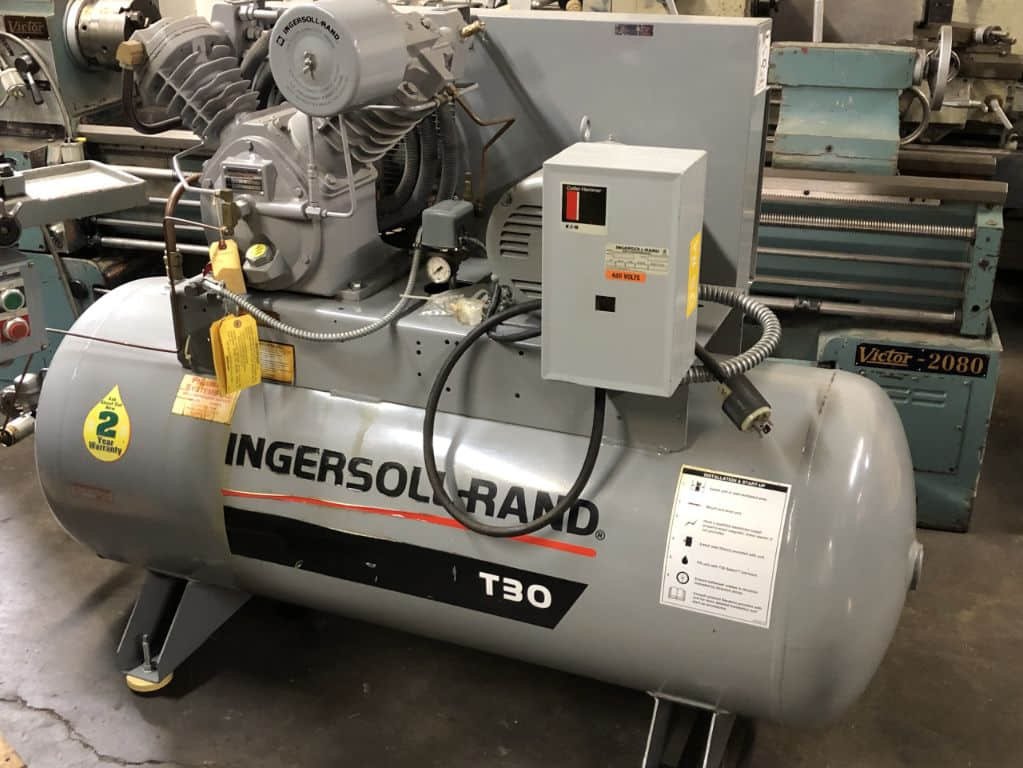An air compressor can be a useful tool for various jobs, ranging from powering pneumatic tools to inflating tires. However, like all machines, it requires proper maintenance and operation to work at its optimal level. In this article, we will guide you through the tips, maintenance guidelines, and tricks to maximize your air compressor’s efficiency.
Understanding Your Air Compressor
Before diving into the tips and tricks, it’s essential to understand how your air compressor works. An air compressor is a machine that compresses air into a tank or cylinder. The compressed air is then released, generating power for the tools or devices attached to it.
There are various types of air compressors available, such as reciprocating, rotary screw, and centrifugal. Each has its unique features, advantages, and limitations. Therefore, it’s crucial to choose the right type based on your specific needs.
Maintenance Tips for Maximum Efficiency
The key to maximizing air compressor efficiency is to follow proper maintenance guidelines. Here are some tips to ensure your air compressor remains in tip-top shape:
Check and Replace Air Filters Regularly
Air filters prevent dust, debris, and other contaminants from entering the compressor’s internal system and causing damage. Over time, air filters get clogged, reducing air intake and causing the compressor to work harder. Therefore, it’s crucial to inspect and replace air filters regularly to ensure maximum efficiency.
Ensure Proper Oil Level and Change it Regularly
Like a car, an air compressor requires oil to keep its internal parts lubricated and running smoothly. It’s important to check the oil level regularly and top up when necessary. Also, follow the manufacturer’s guidelines to change the oil at the recommended intervals.
Inspect and Tighten Loose Bolts and Fittings
Over time, the vibrations caused by the compressor can cause bolts and fittings to loosen. Loose bolts and fittings can lead to air leaks, reducing efficiency. Therefore, it’s vital to inspect and tighten loose bolts and fittings regularly.
Clean and Drain the Tank
Air compressors generate moisture as a byproduct of the compression process. If the tank isn’t drained regularly, the moisture can accumulate, increasing the risk of corrosion and reducing efficiency. Therefore, it’s essential to clean and drain the tank at least once a month.
Guidelines for Operating Your Air Compressor
Operating your air compressor correctly is just as crucial as proper maintenance. Here are some guidelines to follow:
Choose the Right Tools for the Job
Different tools have different air requirements. It’s important to choose the right tool for the job to avoid overworking your compressor. Check the tool’s user manual for the recommended air pressure and flow rate before using it.
Follow Safety Guidelines
Air compressors generate significant amounts of pressure, making them potentially dangerous if not handled correctly. Follow safety guidelines such as wearing protective gear, using the compressor in a well-ventilated area, and avoiding contact with moving parts.
Consider the Pressure Settings
Adjusting the pressure settings can affect the compressor’s efficiency and lifespan. It’s crucial to set the pressure according to the tool’s requirements and follow the manufacturer’s guidelines for safe operation.
Tricks to Improve Air Compressor Performance
If you’re looking to take your air compressor’s efficiency to the next level, here are some tricks to consider:
Upgrade Your Tools and Accessories
Newer tools and accessories are designed to be more efficient and require less compressed air to achieve the same output. Upgrading your tools and accessories can significantly improve your air compressor’s efficiency.
Increase Tank Size
Larger tanks can hold more compressed air, which means that your compressor won’t have to work as hard to keep up with demand. Consider upgrading to a larger tank if you frequently use your compressor for extended periods.
Use the Right Power Source
Higher voltage power sources provide more power to your compressor, increasing its efficiency. Consider using a higher voltage power source if you’re looking to maximize your air compressor’s performance.
Conclusion
In summary, maximizing your air compressor’s efficiency is all about proper maintenance and operation. Regularly checking and replacing air filters, ensuring proper oil levels, inspecting and tightening loose bolts, and cleaning and draining the tank are crucial maintenance tips to follow. Operating your compressor according to safety guidelines and choosing the right tools and pressure settings are also essential. Finally, upgrading your tools and accessories, increasing tank size, and using the right power source can take your compressor’s efficiency to the next level. By following the tips and tricks outlined in this article, you’ll be on your way to a more efficient and reliable air compressor.
